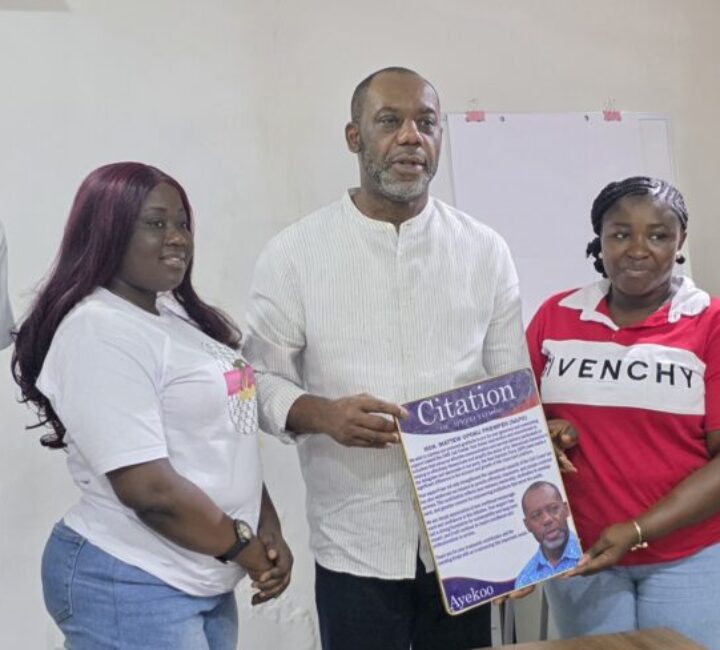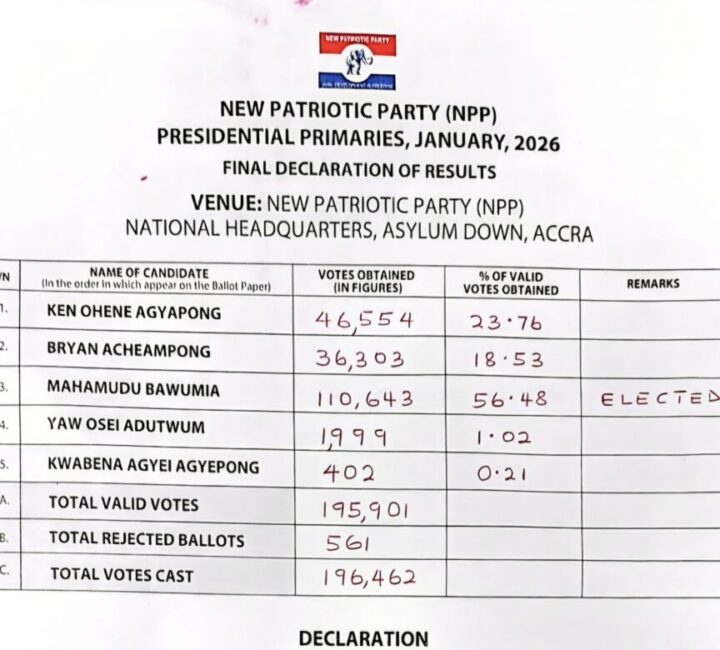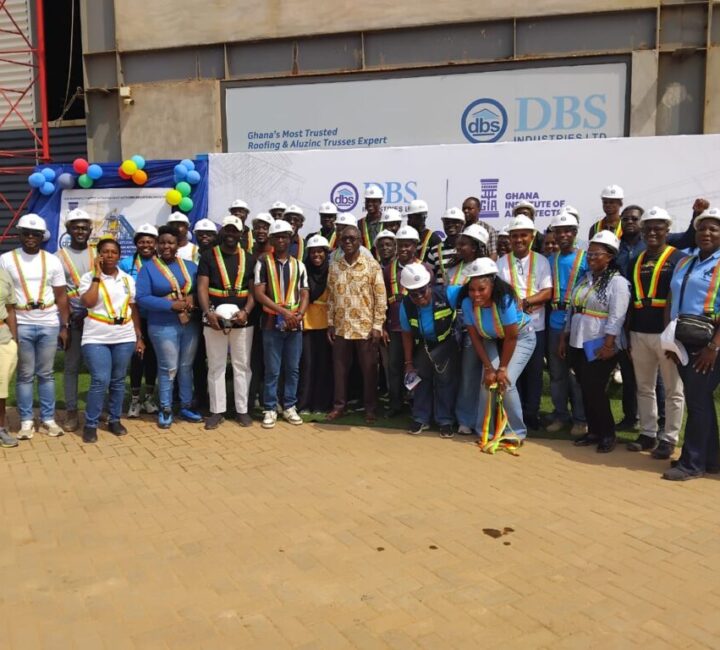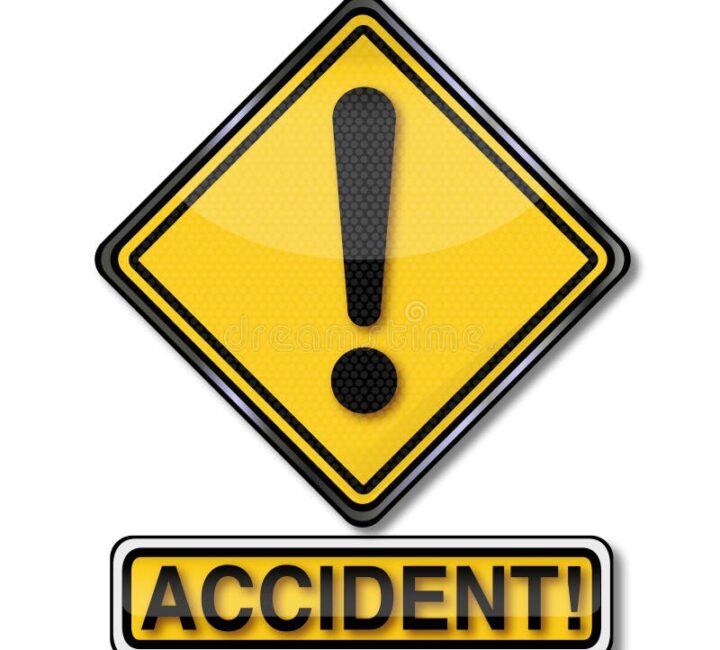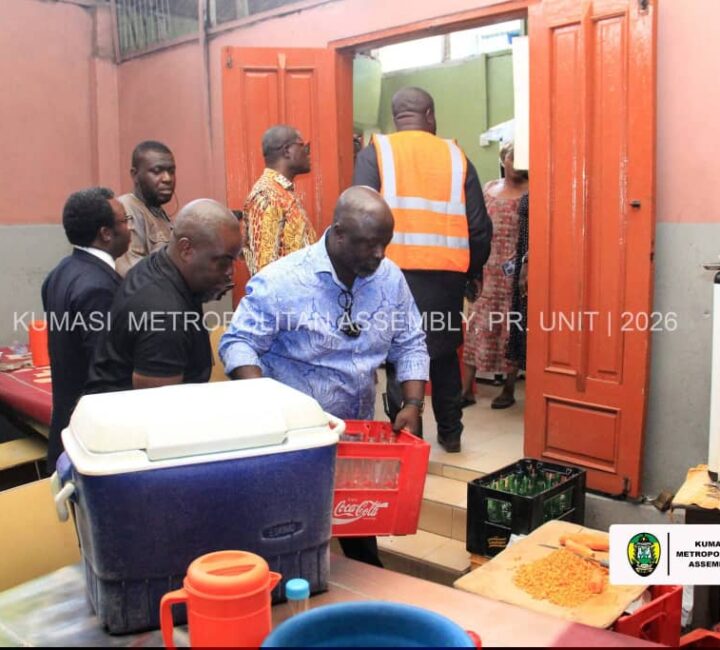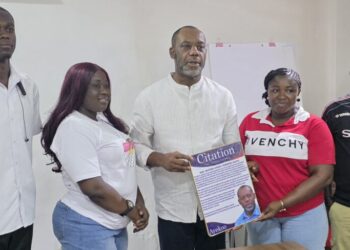Stakeholders, comprising food vendors, restaurants, hotels, caterers, regulatory authorities, health professionals, and opinion leaders, have suggested a ban on open display of salt on dining tables in Kumasi.
At a meeting organized by the Kumasi Metropolitan Assembly (KMA) with support from Partnership for Healthy Cities, held in Kumasi on November 27, 2025, participants suggested that the KMA should enact a bye-law that will forbid the display of salt in eating places.
The phrase “Te nkyene no so!” meaning “Reduce salt intake!” with the right hand up, became the newly adopted maxim at the gathering, affirming their desire to minimize salt intake in food service establishments and improve the health of patrons.
Mr. Nathaniel Cheremeh, an administrative officer at KMA, in an introductory statement at the meeting stated that the KMA and Partnership for Healthy Cities aimed to minimize the use of salt, which causes illnesses and deaths, but would count on the support from stakeholders to address the challenge.
Zeinab Acheampong, a staff member of the Food and Drugs Authority (FDA), stated that research conducted in the Kumasi Metropolis revealed an alarming use of salt, necessitating a decision to halt the habit.
She said the research found that open display of salt at food service establishments was a common phenomenon, noting it was dangerous to the health of consumers who take it excessively.
Sandra Pomaa Asuming of the Metro Health Directorate noted that, though salt acts as a preservative, enhances taste, aids digestion, and helps muscle and nerve function, it could be hazardous when taken excessively.
She hinted that the World Health Organization (WHO) recommends a daily salt intake of five grams; however, it is often ignored in food service establishments and homes, neglecting the dire consequences on the human body.
She mentioned high blood pressure, blockage in the nerves, kidney destruction, stomach cancer, and other salt-related illnesses as consequences of excessive salt intake.
Advising stakeholders to contribute to reducing salt intake, she noted that the health directorate has recorded a rise in new cases of hypertension, attributing it to excessive salt intake and other unacceptable lifestyles.
For her part, Dr. Patricia Darko of Kumasi Technical University underscored that the time has come for stakeholders to collectively join the crusade against excessive salt intake, urging all to put their shoulders to the wheel.
She commended Partnership for Healthy Cities and KMA for their efforts to save lives by campaigning against excessive salt intake, particularly in food service establishments.
Hon. Abraham Boadi, convenor of the Environmental and Health Sub-Committee of KMA, in his remarks expressed his delight at stakeholders’ commitment to joining the Assembly and its sponsors to save lives by minimizing salt intake.
“Health is a priority of the Assembly, and your call for a ban on open display of salt in food service establishments is a good one that needs to be taken seriously and acted upon at the general assembly,” he stated.
He appealed to stakeholders and the general public to join the campaign against excessive salt intake, noting that the consequences are dire and destructive.
Participants shared their thoughts, experiences, and thanked the KMA and Partnership for Healthy Cities for the eye-opening education on salt, urging themselves to do their best to minimize salt use and save lives.
BY Thomas Awuah Asem






















